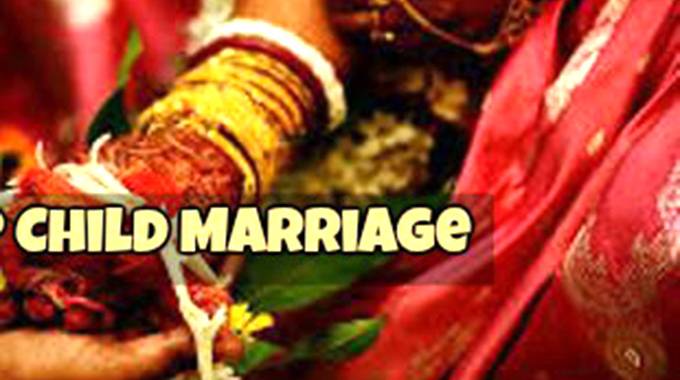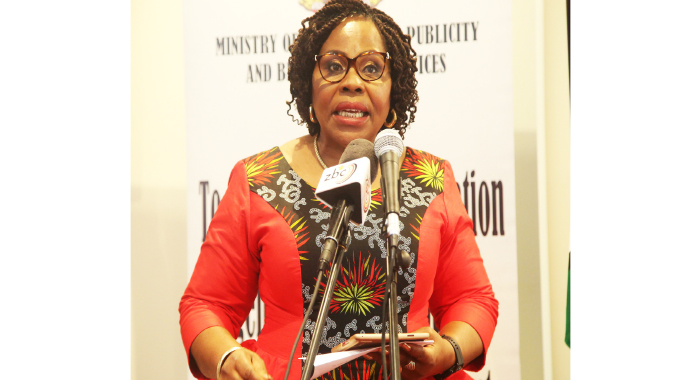Towards outlawing child marriage in Zim: The Marriage Bill passes both Houses of Parliament

Dr Tajudeen Oyewale
ZIMBABWE is one of the countries committed to eliminating child marriage.
This commitment has been demonstrated by the launch of the National Action Plan on Ending Child Marriage and rulings by the Constitutional Court outlawing the practice.
The reality, however, remains that more efforts are required by all stakeholders to address the practice, as current data from the Zimbabwe Statistics Office (ZIMSTAT) indicate that one out of three girls in Zimbabwe will be married before their 18th birthday.
This is why the current progress by the Government to strengthen the institutional framework to outlaw child marriage is commendable.
In 2013, Zimbabwe adopted a new Constitution which stipulates that “no person may be compelled to enter marriage against their will”.
In early 2016, the Constitutional Court ruled that the Marriage Act, which allowed girls as young as 16 to be married with their parents’ consent, was unconstitutional and recognised 18 years as the legal minimum age of marriage.
The passing of the Marriage Bill, recently, through Parliament is one step closer to enactment of the Bill, which would bring a fundamental shift in addressing child marriages.
In clause 3 (1), the Marriage Bill provides that “No person under the age of eighteen years may contract a marriage or enter into an unregistered customary law marriage or a civil partnership”.
And for the avoidance of doubt, clause 3 (2) declares that “child marriages are prohibited and under no circumstances shall any person contract, solemnise, promote, permit, allow or coerce or aid or abet the contracting, solemnising, promotion, permitting, allowing or coercion of the marriage, unregistered customary law marriage, civil partnership, pledging, promise in marriage or betrothal of a child.”
Child marriage is globally recognised as a violation of the rights of the child and a risk factor for violence against children.
Each year, an estimated 14 million young girls are married off globally, translating to 39,000 girls every day.
One girl under the age of 15 is married every seven seconds with girls as young as 10 being forced to marry much older men.
Africa has one of the highest child marriage prevalence rates after Asia.
In Zimbabwe, like other countries, girls who are married under 18 years are often the least educated, poorest and those living in rural areas.
The consequences of child marriages are devastating and often determine the trajectory of a girl’s life.
Child marriage is not only a violation of the right of the victim; girls who marry young are at a higher risk of dying during childbirth and/or have their child die before the first birthday; and they also have higher risk of contracting sexually transmitted diseases and becoming victims of domestic violence.
Child marriage is often connected to teenage pregnancy. Sub-Saharan Africa has the world’s highest level of child pregnancy, estimated at 101 births per 1,000 adolescent girls aged 15-19 years, and in Zimbabwe, the adolescent fertility rate for adolescent girls aged 15-19 years is 115 births per 1,000 adolescent girls of the same age.
Available data also shows that child marriage affects the economy and perpetuates intergenerational cycles of poverty (ZimStat, Unicef and CCORE 2013) as it triggers a cycle of missed opportunities and exclusion across every phase of a girl’s life such as lack of education, health care, social development, and exposure to sexually transmitted infections and HIV.
Unicef therefore urges the Government to prioritise the enactment of the Marriage Bill as an important legislative instrument towards eliminating child marriage in Zimbabwe.
#ForEveryChild, protection.
-Dr Tajudeen Oyewale is the UNICEF Representative in Zimbabwe








Comments